Real • Unique Formula® Neuro Booster
Stock: Available
$38.24
Stock: Available
BRAIN PROTECTION FORMULA
Alzheimer’s disease, Parkinson’s disease, and dementia are three degenerative diseases that plague people all over the world. New studies show that there is an increase in both Alzheimer’s disease and Parkinson’s disease in humans. In the absence of known cures for these diseases, protective measures are becoming more and more common. We want to make your options easier by offering medicinal ingredients that help support peripheral circulation, which are used in herbs to support cognitive function and memory in adults.
A healthy brain is essential to the way we function as adults. Since brain function declines with age, it’s essential to start protecting our noggin as soon as possible. Using our Real Unique Neuro Booster – avoid ignoring your brain today!
Place of Production: Canada
Quantity: 90 vegetable capsules per bottle
Shelf life: three years. The product is safe to use for three years but for the best effect, the product should be consumed as soon as possible after opening. Typically, our customers finish this product in 1-3 months after opening.
Recommended use: Take 2 capsules, 2 times a day. If you are taking other medicines or antibiotics, wait 2-3 hours before taking Neuro Boost capsules. Mixing the two will reduce the effectiveness of both products.
Recommended Dose: Used in Herbal Medicine to support cognitive function and memory in adults. Helps support peripheral circulation. Source of antioxidants for the maintenance of good health.
Duration of Use: Consult a health care practitioner for use beyond 3 months.
Supplement Facts (Each Vegetable Capsule Contains)
|
medicinal ingredients |
Potency (mg / capsule) |
| Curcumin (Curcuma longa, Rhizome) | 50mg |
| EPA Omega-3 fatty acids (Eicosapentaenoic acid) | 40mg |
| DHA Omega-3 fatty acids (Docosahexaenoic) | 20mg |
| Lecithin (Soya Oil) | 100mg |
| Astaxanthin (Haematococcus pluvialis, Whole) | 5mg |
| Green Tea Extract 10: 1
(Camellia sinensis, Leaf) |
50mg (QCE 500mg)
(8% Caffeine, 30% Catechins) |
| Eleuthero 10: 1
(Eleutherococcus senticosus, Root) |
50mg (QCE 500mg) |
| Folate (Natural Folic acid) | 50mcg |
| Ginkgo biloba (Leaf) 50: 1 | 20mg (QCE 1000mg) (24% Flavonoid glycosides, 6% Terpene Lactones) |
| Panax Ginseng (Root) 5:1 | 50mg (QCE 250mg) |
| Vitamin A | 300μg RAE |
| Vitamin B12 (Methylcobalamin) | 250mcg |
| Natural Vitamin E (D-alpha tocopheryl acetate) | 45.5mg AT |
Non-medicinal ingredients: Microcrystalline cellulose, Purified water, Hypromellose
Main ingredients and functions
Ginkgo Biloba PE – It is an antioxidant that has been shown to increase blood flow to the brain and associated with concentration. It has a long history of use in blood disorders and memory issues. Scientists have found more than two components in ginkgo had high medicinal properties: flavonoids and terpenoids. Flavonoids are plant-based antioxidants. Laboratory studies show that flavonoids protect the nerves, heart muscle, blood vessels, and retina from cellular changes. Terpenoids improve blood flow by dilating blood vessels and tend to reduce the stickiness of platelets. Laboratory studies have shown that ginkgo improves blood circulation by opening up blood vessels and making blood less sticky. Ginkgo may improve vein health. In your body, harmful particles called free radicals build up as you age, and can contribute to heart disease, cancer, and Alzheimer’s disease. Antioxidants like those found in ginkgo neutralize free radicals and avoiding them from damaging DNA and other cells.
Panax Ginseng – Recent reports on the pharmacology of ginseng indicate a wide range of effects, including influence on the central nervous system, endocrine and adrenocortical systems, internal organs, metabolism, blood pressure, blood sugar, gonadotropic activity, cellular aging, and stress. The herb has been reported to be effective in prolonging survival time during cardiac arrest. German Commission E monograph and the World Health Organization (WHO) support the use of ginseng as a prophylactic and restorative agent for enhancement of mental and physical capacities, in cases of weakness, exhaustion, tiredness, and loss of concentration, and during convalescence.
Eleuthero (Siberian Ginseng) – This herb contains active chemical components, including eleutherosides, which tend to inhibit the stress response by reducing the activity of the adrenal cortex. This provides extra energy during stressful times by increasing circulation. Siberian Ginseng helps in restoring memory, concentration, and mental clarity that might be weakened by a lack of blood flow to the brain. Eleuthero is a powerful adaptogen and helps the body to balance, heal, and instill an overall sense of well-being. Chinese healers believe that Siberian Ginseng is an herbal sedative and one of the best remedies for insomnia.
Cautious: Men with prostate disorders should not use Siberian Ginseng. It contains compounds that might stimulate testosterone production. Do not take Siberian Ginseng if you suffer from hypertension.
Omega-3 Fatty Acid – Long-chain PUFA, including EPA and DHA, have been linked to healthy aging throughout life. They have been associated with fetal development, cardiovascular and brain function. However, because our bodies do not efficiently produce some omega-3 fatty acids from marine sources, it is necessary to obtain adequate amounts through diet. Studies have shown that EPA and DHA are important for proper fetal development, including neuronal, retinal, and immune function. EPA and DHA have been linked to promising results in immune, and cognitive function.
DHA – DHA is essential for an infant’s brain in terms of growth and functional development. DHA is also required for the maintenance of normal brain function in adults. The inclusion of plentiful DHA in the diet improves learning ability, whereas deficiencies of DHA are associated with deficits in learning. DHA is taken up by the brain in preference to other fatty acids. The turnover of DHA in the brain is very fast, more so than is generally realized. A decrease of DHA in the brain is associated with cognitive decline during aging.
Astaxanthin – Natural astaxanthin is a supernatural antioxidant. Its antioxidant activity is more than that of natural Vitamin E and tea polyphenol. Studies have shown that the human antioxidant system is a perfect and complex system that can be compared with the immune system. It helps counteract free radical activity and tend to inhibit oxidative damage to the human body; protect cell membrane and mitochondrial membrane from oxidative damage. Astaxanthin can significantly enhance an animal’s immune system in the presence of an antigen. It obviously contributes to the ability of an antibody, the role of T cells, and the production of immunoglobulin in the body. Astaxanthin is able to cross the blood-brain barrier to provide further support to the brain’s nervous system, cardiovascular system, eyes, and skin health.
Lecithin – Refer to the Encyclopedia of URMC: Lecithin is also known as alpha-phosphatidylcholines, belongs to a larger group of compounds called phospholipids. These are important parts of the brain, blood, nerves, and other tissues. Phospholipids are also a part of cell membranes. Lecithin is present in every single cell of our body and helps to protect the integrity of our cell membranes.
Lecithin turn into choline in the body. They help make the neurotransmitter acetylcholine. The body uses lecithin in the metabolic process and to move lipids. Therefore, the most commonly cited lecithin is beneficial for Brain Protection; Cholesterol reduction, heart health and liver integrity, and strengthen immune function. A Brazilian study Trusted Source on rats found that daily lecithin supplementation increased macrophage activity by 29 percent. Macrophages are white blood cells that engulf debris, microbes, cancerous cells, and other foreign materials in the body.
Green Tea – Green tea has about eight to 10 times more polyphenols than fruits and vegetables. They are powerful antioxidants that some studies have shown may have significant health benefits, tend to improving anti-inflammatory responses and lowering the risk of coronary heart conditions. Green tea shows promise for protecting brain health. In a study presented at the 2015 International Conference on Cerebral dysfunction, those who drank green tea one to six days a week had less mental decline than those who didn’t drink it. Green tea also contains L-theanine, an amino acid that crosses the blood-brain barrier and has psychoactive properties.
Folate – Folic acid is important for the functioning of the nervous system at all ages. In adult patients with megaloblastic anemia due to folate deficiency, approximately two-thirds have neuropsychiatric disorders. Depression is common in patients with folate deficiency, and subacute combined degeneration with peripheral neuropathy is more frequent in those with vitamin B-12 deficiency. There is evidence relating folate deficiency to depression and dementia, especially in the aging nervous system. A Korean study of elderly patients found those suffering from cerebral dysfunction had the highest levels of homocysteine. This amino acid impairs brain function and can dramatically relate to cerebral dysfunction. Within the body, folate is an activator. It has a positive action on cardiovascular, neural, and psycho-emotional health.
Methylcobalamin Vitamin B12 – According to studies that have shown the vitamin tend to reduce the amount of homocysteine in the body. The naturally occurring chemical homocysteine in the body is associated with the development of cerebral dysfunction Methylcobalamin is a natural and bioactive form of vitamin B12. It works closely together with folic acid and protects blood, nerves, and DNA. Vitamin B12 is a water-soluble vitamin involved in the metabolism of every cell of the human body. It is a cofactor in DNA synthesis and in both fatty acid and amino acid metabolism. It is particularly important in the normal functioning of the nervous system via its role in the synthesis of myelin, and in the maturation of developing red blood cells in the bone marrow.
Curcumin PE – Patients of cerebral dysfunction have revealed thick clumps of a protein called amyloid. In lab studies, researchers have found that curcumin is a potent antioxidant, served as an anti-inflammatory and anti-amyloid compound. It binds to amyloid proteins and avoid them from grouping together to form plaque, so it may be that curcumin offers a triple blow to brain functional disorder.
Natural Vitamin E – Natural source vitamin E is a key nutrient for brain and heart health, immune support, and nerve and muscle function. Our bodies constantly generate free radicals. Normally, the body can handle free radicals, but if antioxidants are unavailable, or if the free-radical production becomes excessive, cellular damage can occur. Particularly, it can occur in tissues that contain high levels of polyunsaturated fatty acids, such as the brain and central nervous system. As a powerful antioxidant, vitamin E may act as a protective shield for our bodies.
Vitamin A – is a potent signaling molecule in the brains of growing and adult animals. It regulates numerous gene products, modulates neurogenesis, neuronal survival, and synaptic plasticity. Vitamin A deficiency (VAD) is a global health problem, yet our knowledge of its effects on behavior and learning is still emerging. Dietary vitamin A supplementation contributes to learning and memory in VAD rodents and tend to ameliorate cognitive declines associated with normal aging.
Songbird studies examine the effects of retinoid signaling on vocal/auditory learning and are uniquely suited to study the behavioral effects of VAD because the neural circuitry of the song system is discrete and well understood. Similar to human speech acquisition, avian vocal learning proceeds in well-defined stages of template acquisition, rendition, and maturation. Local blockade of retinoic acid production in the brain or excess dietary retinoic acid results in the failure of song maturation yet does not affect prior song acquisition. Together these results yield significant insights into the role of vitamin A in maintaining neuronal plasticity and cognitive function in adulthood.
Caution and Warnings: Consult a health care practitioner prior to use if you are pregnant or breastfeeding. Consult a health care practitioner prior to use if you are taking antidepressant medications, blood thinners, or digoxin; if you have diabetes, high blood pressure, seizures, an iron deficiency, any type of acute infection, or a liver disorder. Stop use if you develop symptoms of liver trouble such as yellowing of the skin/eyes (jaundice), stomach pain, dark urine, sweating, nausea, unusual tiredness, and/or loss of appetite and consult a healthcare practitioner. Consult a health care practitioner prior to use if you have gallstones, a bile duct obstruction, stomach ulcers, or excess stomach acid. Consult a health care practitioner prior to use if you are taking medications for diabetes or high blood pressure.
* The health product is not intended to be used as a substitute for treatment.
Contraindications:
Do not use it if you have high blood pressure. Do not use if you are taking health products that affect blood coagulation (e.g. blood thinners, clotting factor replacements, acetylsalicylic acid, ibuprofen) as this may increase the risk of spontaneous bleeding
Known side effects:
Some people may experience insomnia, anxiety, or headaches, in which case, discontinue use. Rare, unpredictable cases of liver injury associated with green tea extract-containing products have been reported (in Canada and internationally).
Recommended storage condition: Store in cool, dry places away from direct sunlight and heat. Keep out of the reach of children. Do not use if the security seal is broken.
Information on this website has been obtained from secondary sources which are intended to provide general summary information only. These sources are believed to be reliable. Real House does not assume any liability for the accuracy, usefulness, completeness, currency, and adequacy of the information.
| Weight | 0.5 lbs |
|---|---|
| Dimensions | 6.35 × 6.35 × 12.065 cm |
Only logged in customers who have purchased this product may leave a review.
Related Products
-
Real • Natural Lecithin (non-GMO) Softgels
$26.24Real House offer better quality of Lecithin (non-GMO) Softgels contains unsaturated fatty acids Omega 3 and Omega 6, which are the main source of EPA and DHA, no cholesterol added. Lecithin is well-known for helping with memory, maintain heart health and metabolize fat more from accumulating in the liver. Real • Natural Lecithin Softgels are extracted from non-genetically modified soy…
-
Real • Unique Formula® Energy Booster – (DHA • Premium Plant protein Full Essence Powder)
$49.49DHA • PREMIUM PLANT PROTEIN FULL ESSENCE POWDER This precious energy-providing powder is suitable for people of all ages. With DHA EPA added to non-GMO soy powder and pea protein packed full of bioactive vitamins and essential minerals, it is incredibly effective for maintaining and establishing optimal health. The high quality plant-based protein powders are best for People with allergies…
-
Real • Unique Formula® Beauty Secret® 20+
$59.99NON-GMO SLIMMING & NOURISHING POWDER Presenting the market’s first beauty formula designed specifically for women over 20s. Unleash your energy and enhance your beauty today! Our pharmaceutical research team synergizes the natural active ingredients of precious herbal essence. These components coordinate effectively to regulate the immune and endocrine systems, optimize lipid metabolism, increase energy levels and enhance overrall health. Our…
-
Real • Unique Formula® Mood Sleep Rescue
$35.24*NO MELATONIN Hectic lifestyles, stress, and medical conditions can contribute to poor sleep habits and disrupts your night slumber on occasion. In the U.S., millions of Americans struggle to fall asleep each night, including about 10 percent who suffer from chronic insomnia. This latter condition involves difficulty falling asleep and staying asleep, as well as waking up too early in…

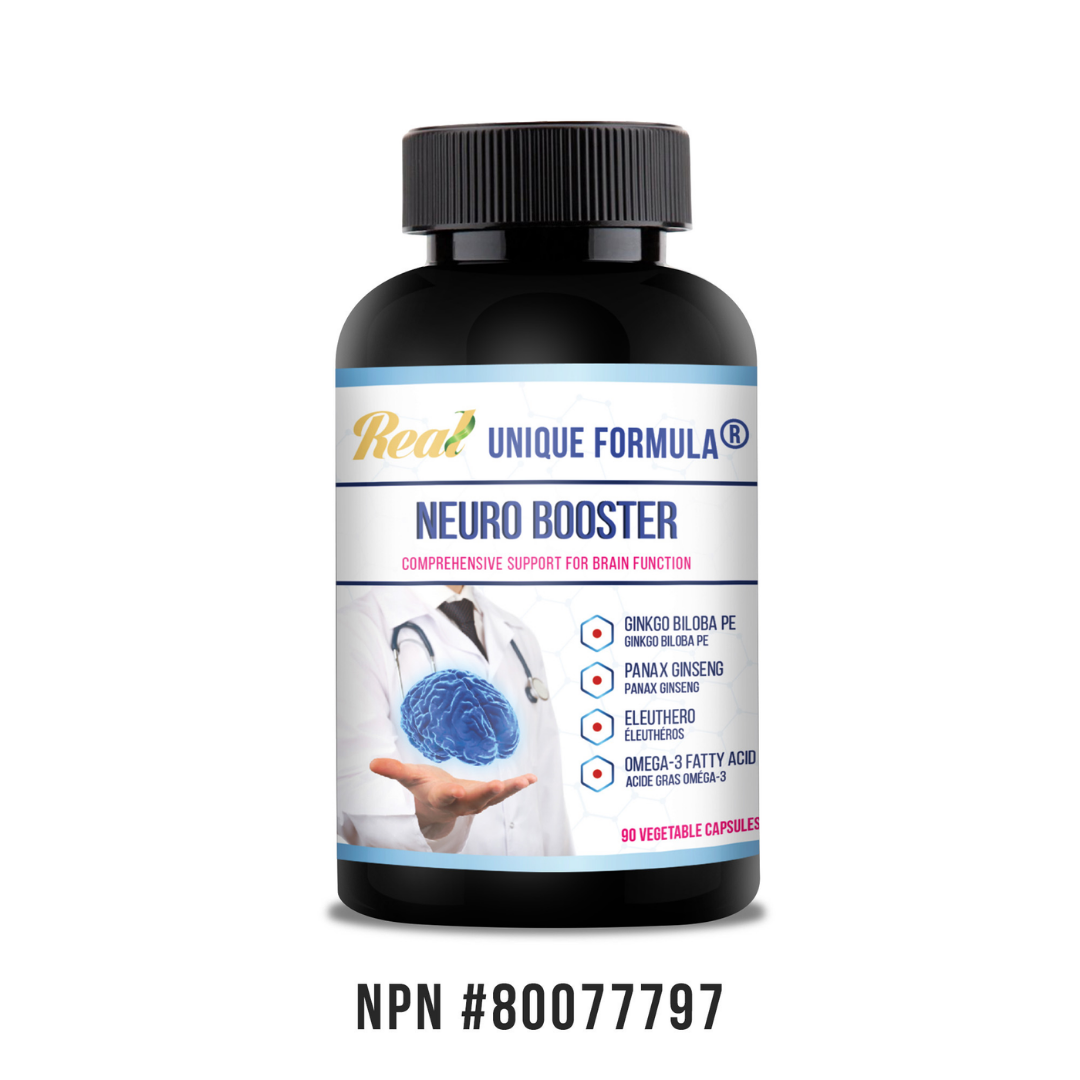




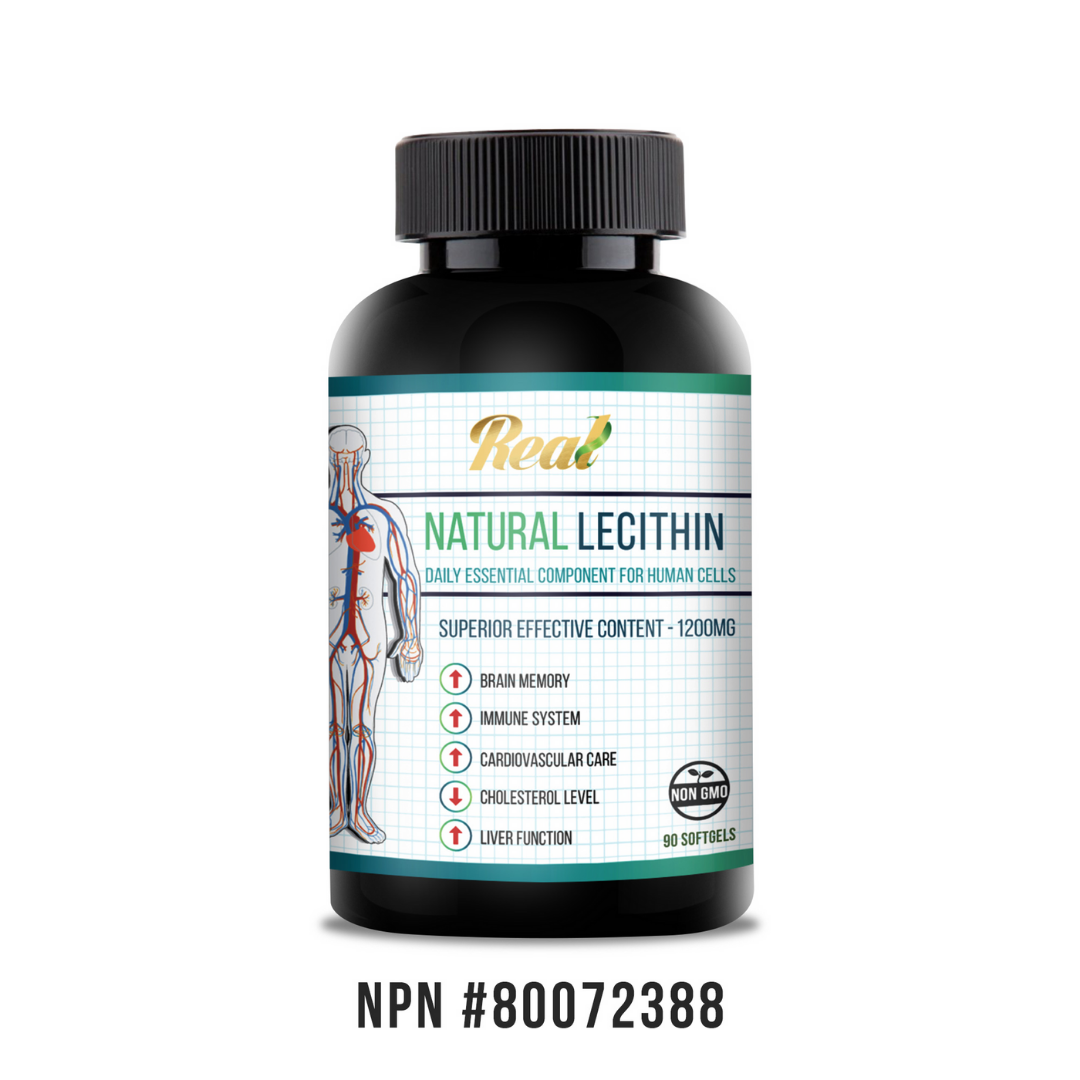
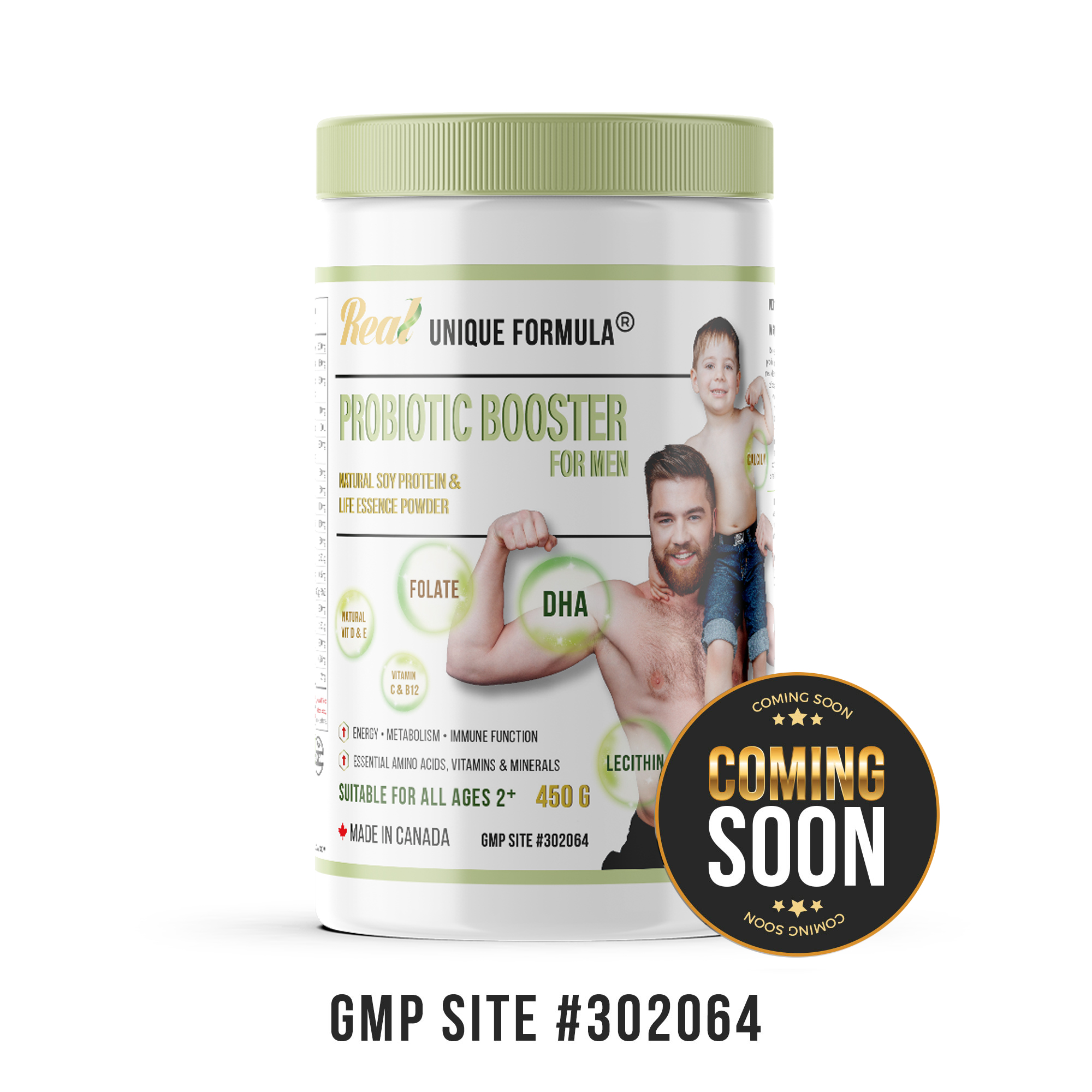
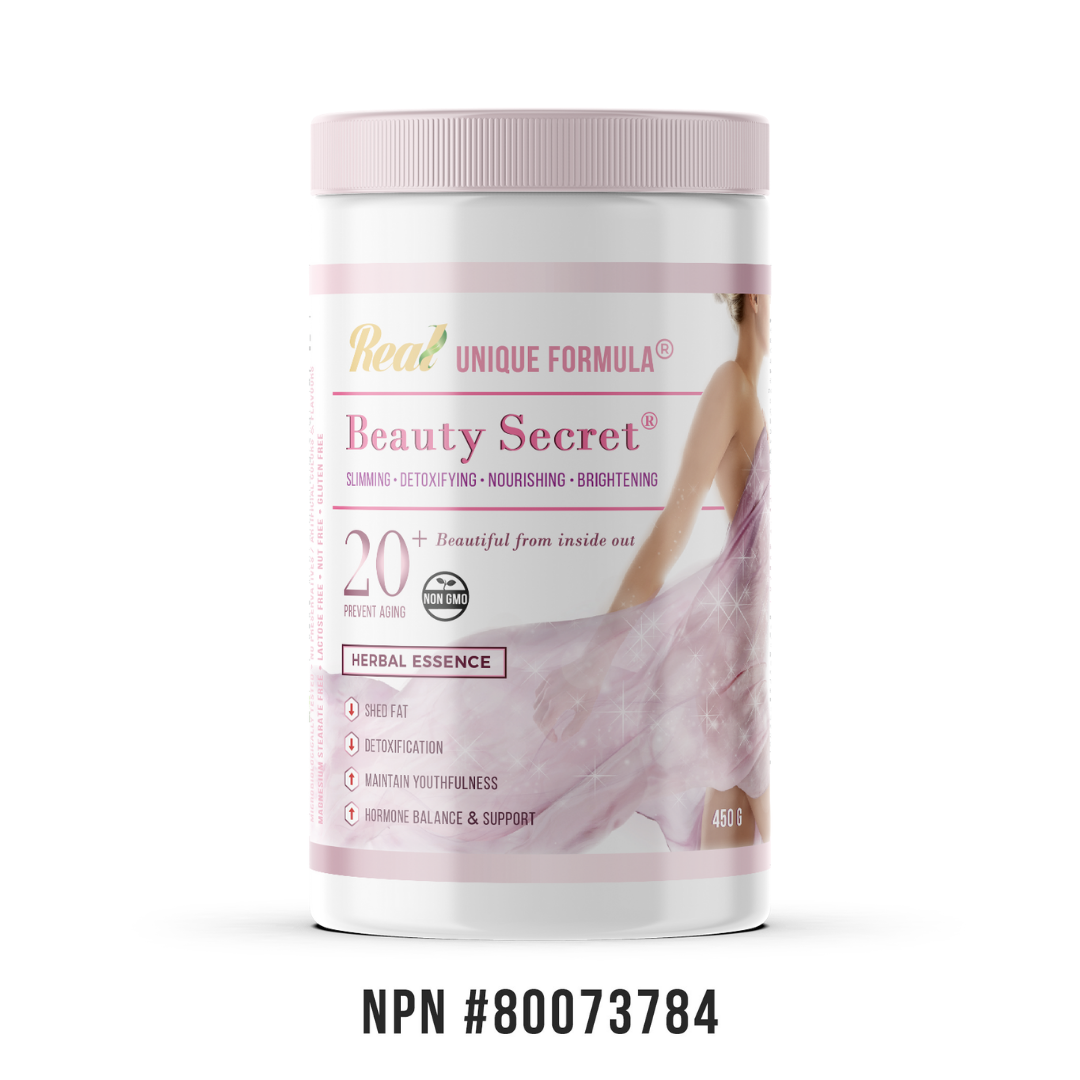
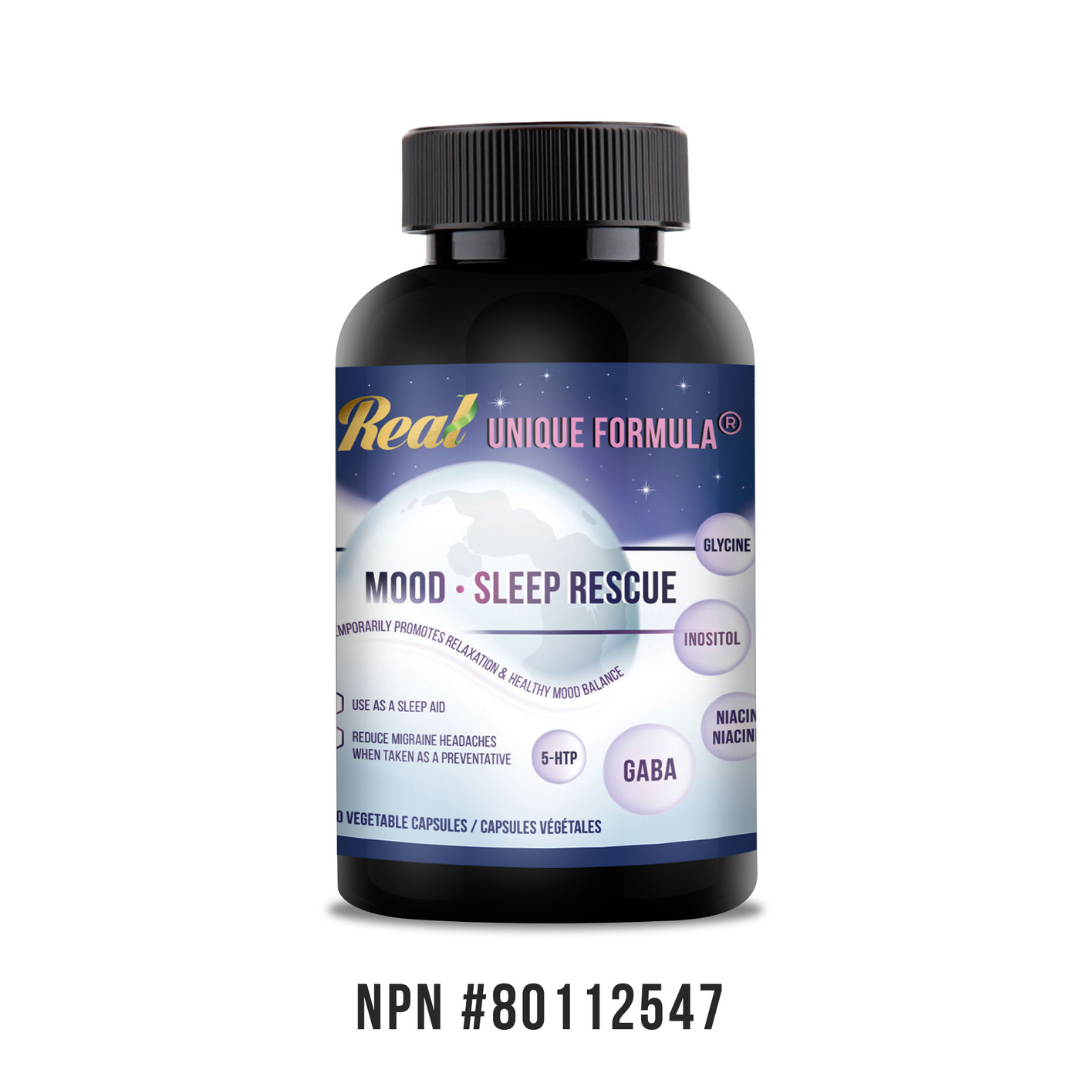
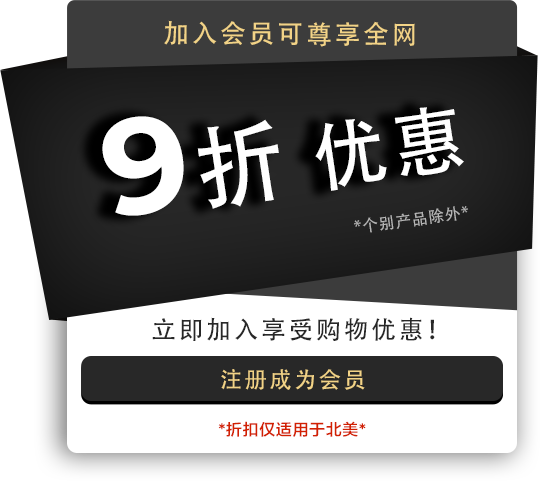



Reviews
There are no reviews yet.